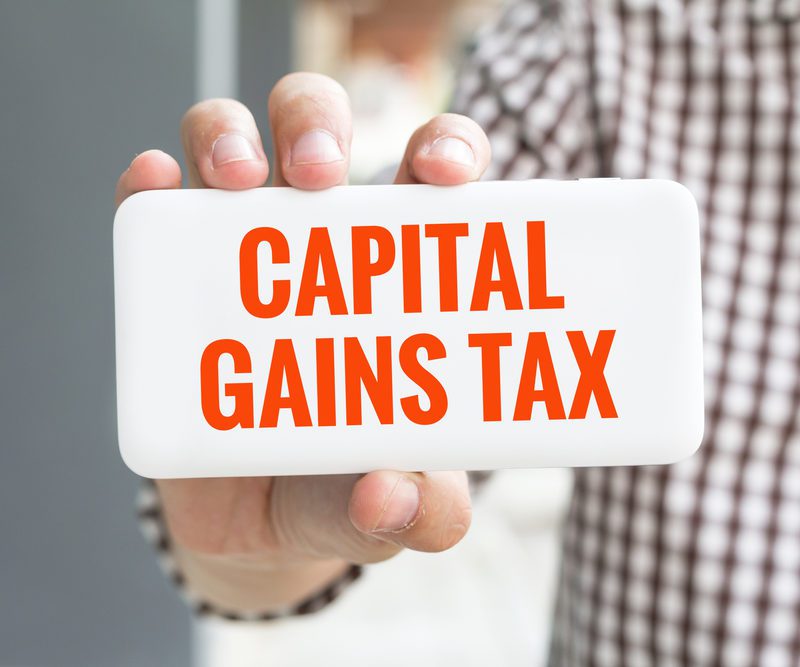
A guide to Capital Gains Tax
With property prices increasing, some investors may be tempted to sell their property.
However, the money you get in your back pocket may not be as much as you may think; as well as the costs associated with selling the property, investors will need to factor in Capital Gains Tax (CGT).
CGT is the tax you pay on the difference between what the property cost you to obtain and improve it and the amount you receive when you dispose of it.
Generally, if your house is your main residence, you will not have to pay CGT; it only comes into play for investment properties.
Here is our guide to what you need to consider:
When do you have to pay it?
It is only payable in the financial year in which you sell or dispose of your rental property.
Any profit on the sale of real estate assets is considered a capital gain and needs to be declared on your annual income tax return.
Is there any way to reduce CGT?
There are some expenses you can offset against CGT, such as selling costs, legal fees and any major improvements.
It’s imperative important to keep thorough records of the process. These records must be kept for five years after the CGT event occurs (i.e. selling the property).
Are there any exemptions?
Exemptions include:
- 50 per cent rule
If you’ve owned your investment property for 12 months or more before selling the property, you are entitled to a 50 per cent discount on your net capital gain. This reduces your assessable income and therefore the amount of CGT you will pay.
- 6-year rule
If you’ve moved out of your primary place of residence and rented it out, you can claim an exemption from CGT for up to six years. If you then move back into the property after renting it out, it has become your primary residence. So, if you move out again later down the track, then a new six-year period begins.
- 6-month rule
There are exemptions from CGT if you consider more than one property to be a primary place of residence within a six-month period. But you must meet one of the following conditions:
- The old property was your primary residence for a period of at least three months in the twelve months before you sold it
- You did not use the property to provide assessable income (ie rent it out) in any part of the twelve months prior to selling
For more information about CGT on your rental property and what expenses you can offset, visit the ATO website.
We also strongly recommend you seek the advice of a financial specialist and discuss options with them.
Is there anything else I can do with the capital gain?
The alternative to selling, is to use any capital growth to grow your portfolio, and buy another investment property. That way you needn’t worry about CGT for a few more years!
Once you’ve bought your investment property, get in touch with us to see how our property management services can make your life easier and free you up to do more of the things you want to do.
We’ve helped thousands of people realise their financial dreams through property.
Simply give us a ring on 02 4954 8833, send us an email to mail@apnewcastle.com.au or pop into our Cardiff office for a chat.